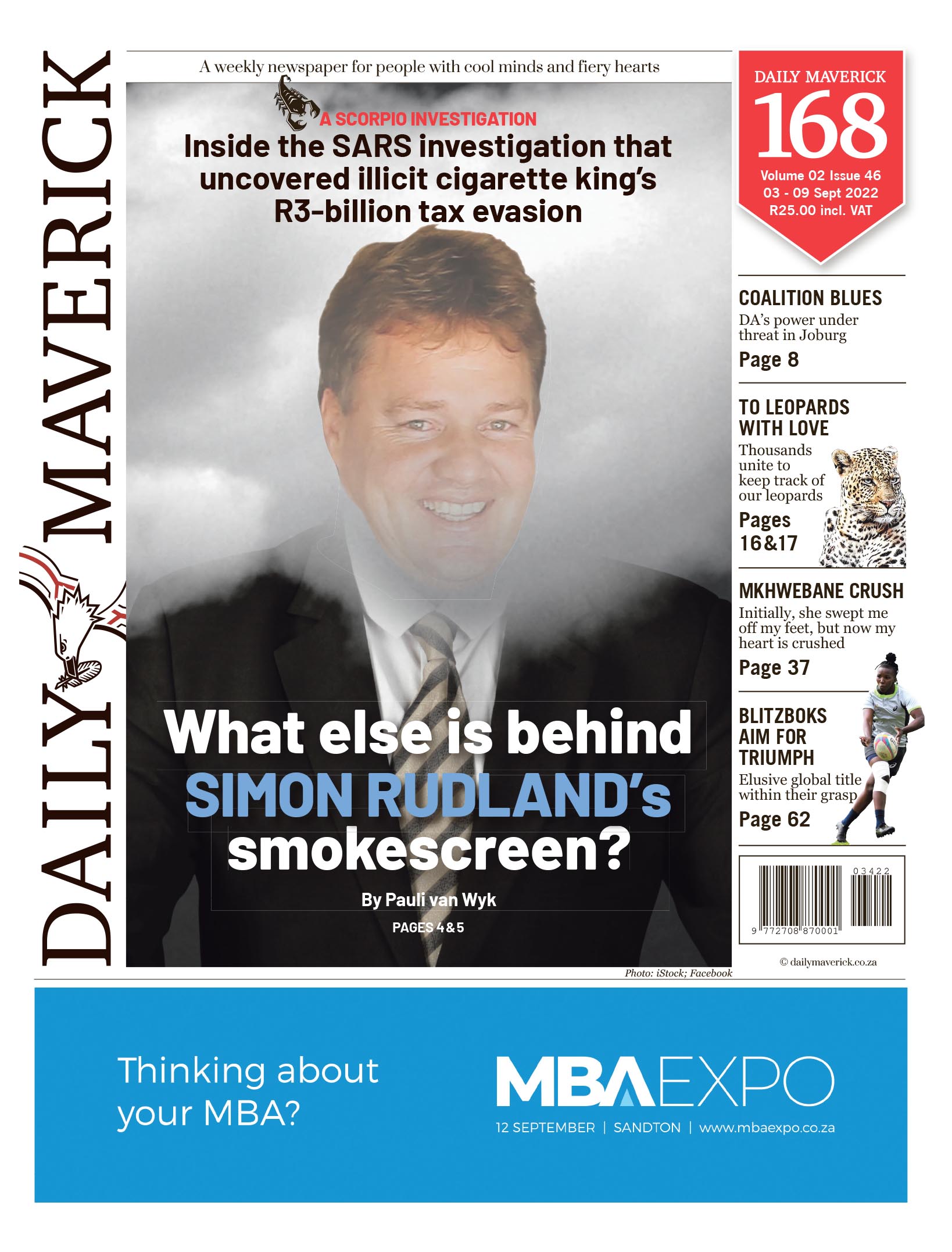The APO Group is the largest African-related primary information provider which distributes content to journalists and publishes its newsfeed on Bloomberg Terminal, (Thomson Reuters), Eikon and others. It says it has a “huge responsibility” to ensure that the news it distributes is fair and accurate.
In a statement on 29 August, Nicolas Pompigne-Mognard, the group’s founder, cited a “mind-blowing” BBC News article about how a PR firm had conspired with lobbyists to deny the science behind global warming.
Headlined “The Audacious PR Plot that Seeded Doubt about Climate Change”, the article describes how a meeting between some of America’s biggest industrial players and a PR genius “forged a devastatingly successful strategy that endured for years” — the consequences of which are around us.
As reports come out of the devastation in Pakistan, where more than 1,100 people have died and millions displaced in flash flooding exacerbated by melting waters from the Himalayan glaciers, Pompigne-Mognard explained that his group has thrived without doing work for sectors known to spread disinformation and harm.
“[W]e have implemented an ethical policy that prohibits organisations from certain industries engaging our services or using our network. For example, no companies involved in the sale of tobacco, alcohol, weapons or gambling services can distribute press releases via APO Group.”
Asked whether this includes the fossil fuel industry, he told DM168: “While our ethical policy does not prevent us from working with the energy sector, we are not currently working with any fossil fuel organisations or companies. We are, however, working with one of the most important renewable energy players, Siemens Gamesa.”
Pompigne-Mognard said PR professionals have used “blatantly unacceptable tactics to push the agenda of their clients, however nefarious they might be”. Citing the example of British PR firm Bell Pottinger’s work to sow division in South Africa, he said there was a “fine line some PR professionals walk between the interests of their client and the ‘greater good’ of society”.
Last month, the first Global Adult Tobacco Survey conducted in South Africa called for the proposed Control of Tobacco Products and Electronic Delivery Systems Bill to be passed urgently.
Dr Catherine Egbe, the lead investigator in the SA Medical Research Council’s Alcohol Tobacco and Other Drug Research Unit, highlighted South Africa’s high usage of tobacco, the dangers of secondhand smoke exposure and the use of electronic cigarettes by young people.
Visit Daily Maverick's home page for more news, analysis and investigations
The study showed 29.4% overall (12.7 million adults), 41.7% of men and 17.9% of women, used tobacco, the highest of all countries in the survey. The overall prevalence of manufactured cigarette use is 23.4% (38.3% of men; 9.5% of women). It found the highest use of e-cigarettes and emerging products was in the 15 to 24 age group.
Egbe raised concern about the health risks these products pose to young people, and women in particular, as they are more susceptible to cancers and are mostly exposed at home by their partners.
The meeting at which the “audacious plot” was launched happened in 1992 between E Bruce Harrison, the “father of environmental PR”, and business leaders.
It was a pitch for a contract then worth half-a-million dollars a year (about R16.7-million today).
The client, the Global Climate Coalition (GCC) — representing the oil, coal, car, utilities, steel and rail industries — was looking for a communications partner to change the narrative on climate change.
At the time, the international community had created a framework for climate action and, with Al Gore appointed as US vice-president, fossil fuel regulation was imminent.
“Everybody” wanted the account, members of Harrison’s team told the BBC. The GCC found its man in Harrison, who had worked with some of the US’s biggest polluters, including the chemical industry, to discredit research on the toxicity of pesticides, and car makers, to fight emissions standards.
The team would use the same tactics to help beat climate regulation by “persuading people the scientific facts weren’t settled, and that alongside the environment, policy makers needed to consider how action on climate change would… negatively affect American jobs, trade and prices.
“The strategy would be implemented through an extensive media campaign, everything from placing quotes and pitching opinion pieces to direct contacts with journalists.”
Because scientists, economists, academics and other experts carry greater credibility with the media and public than industry representatives, the plan was to pay sceptics to give speeches, write op-eds and arrange appearances on local TV and radio stations.
Don Rheem, a member of the team, told the BBC that the media was hungry for these perspectives. “Journalists were actually actively looking for the contrarians. It was really feeding an appetite that was already there,” Rheem said.
Many of these sceptics have denied that funding from the GCC and other industry groups had any effect on their views, but those tasked with repudiating them encountered a well-organised and effective campaign they found hard to match, according to the report. DM168
This story first appeared in our weekly Daily Maverick 168 newspaper, which is available countrywide for R25.






